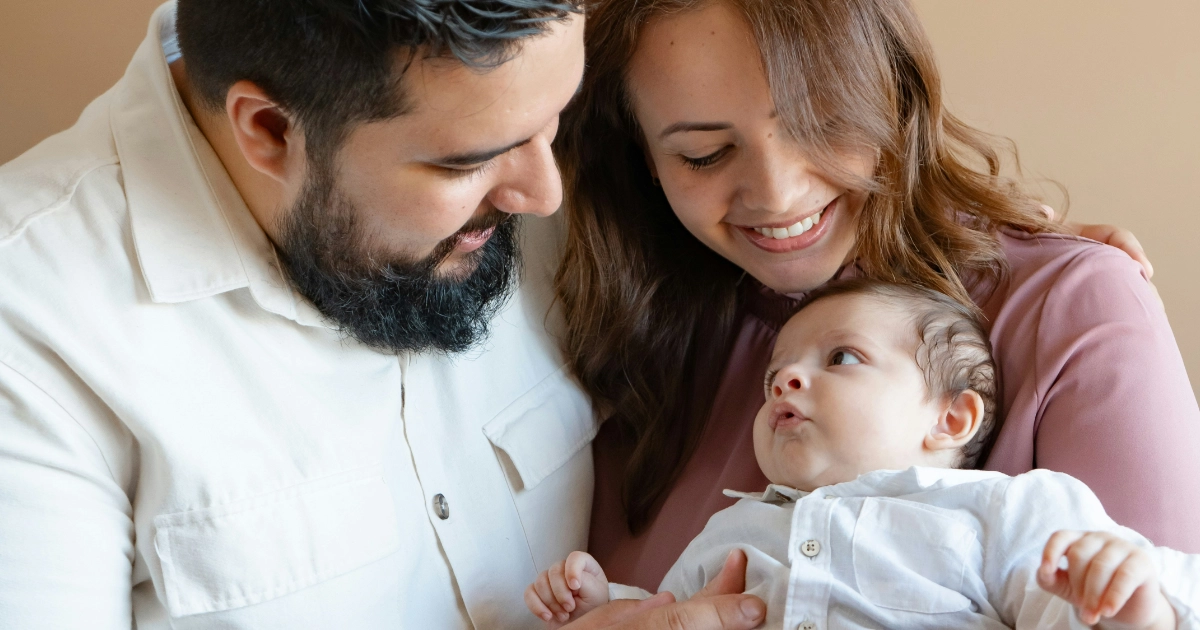1. Community gardens: The creation of community gardens is the main thrust of this project. These gardens not only provide an immediate source of food for the affected communities, but also stimulate cooperation and local engagement. The gardens are designed to be resilient to adverse weather conditions, using sustainable cultivation techniques that minimize environmental impact and ensure food production throughout the year.
2. Making Soap from Used Cooking Oil: The second pillar of the project is making soap from used cooking oil. This process not only promotes recycling and waste reduction, but also offers an opportunity to generate income for the families involved. Participants receive specific training in soap production and marketing, strengthening local entrepreneurship.
3. Professional preparation for gastronomy: Last but not least, the project includes professional preparation for gastronomy, training young people and adults to work in one of the most promising sectors of the regional economy. This training is geared towards the specific needs of the community, using locally grown ingredients and techniques that enhance the regional gastronomic culture.
Promoting sustainability and income generation for affected families
Official Name of Signatory
Delegation
Brazil
Website of the Signatory
Name of the person presenting the Good Practice
Marcelo Lima Da Silva
Position/Job Title of person presenting the Good Practice
Deputy Director of the Department for the Elderly, Families and Drug Policy of the State of RS
Aim of the Good Practice
The Youth Centers project in Rio Grande do Sul represents an integrated approach to the recovery of communities after the climate catastrophe. By focusing on sustainability and income generation, the project not only meets the immediate needs of families, but also builds the foundations for a more resilient and prosperous future.
Target Group of the Good Practice
Low-income families, young people and the elderly
Annual Monitoring Report
2024
Implementation period
1 year
Consistency over time
The presentation of this initiative at the District Policy Forum for Sustainable Families is an opportunity to share the lessons learned and inspire other regions to adopt similar practices. This project is a testament to the power of community action and social innovation in building a more sustainable and supportive future. In addition to generating employment and future income for families.
Evaluation of the Good Practice
The aim is to give families the opportunity to produce their own food again in a practical and sustainable way.
Key stakeholders and partnerships
RS state government, Youth centers, municipalities
Link for more information
Future Goal 1
1. Community gardens: The creation of community gardens is the main thrust of this project. These gardens not only provide an immediate source of food for the affected communities, but also stimulate cooperation and local engagement. The gardens are designed to be resilient to adverse weather conditions, using sustainable cultivation techniques that minimize environmental impact and ensure food production throughout the year.

